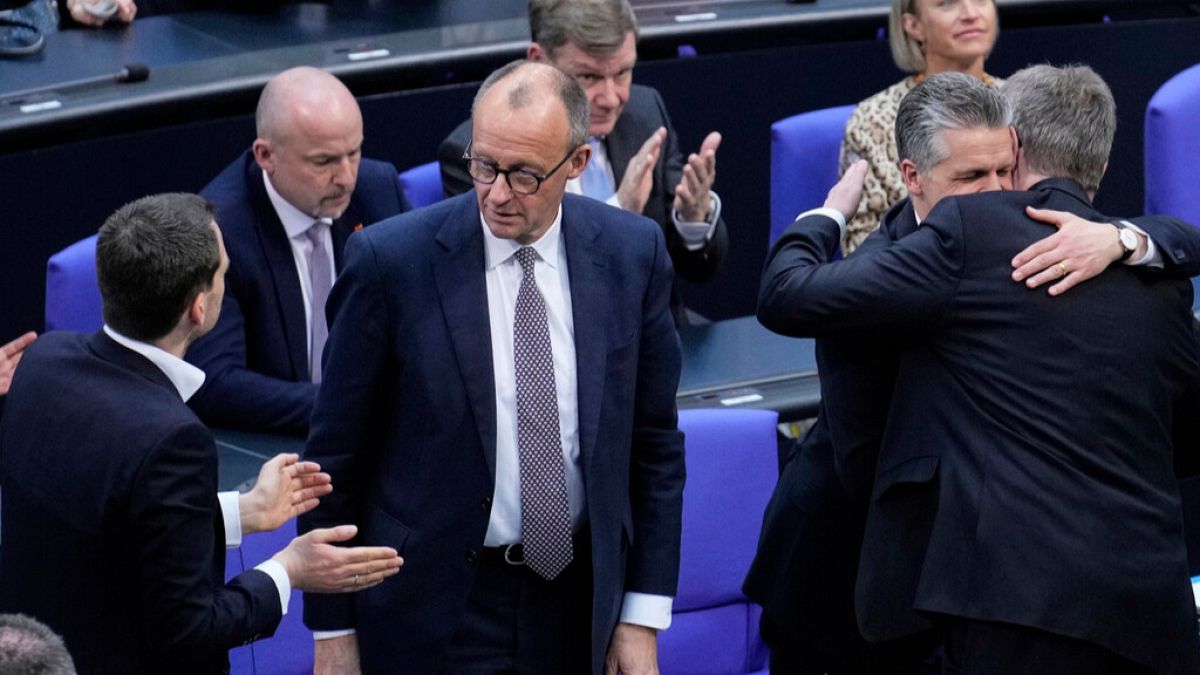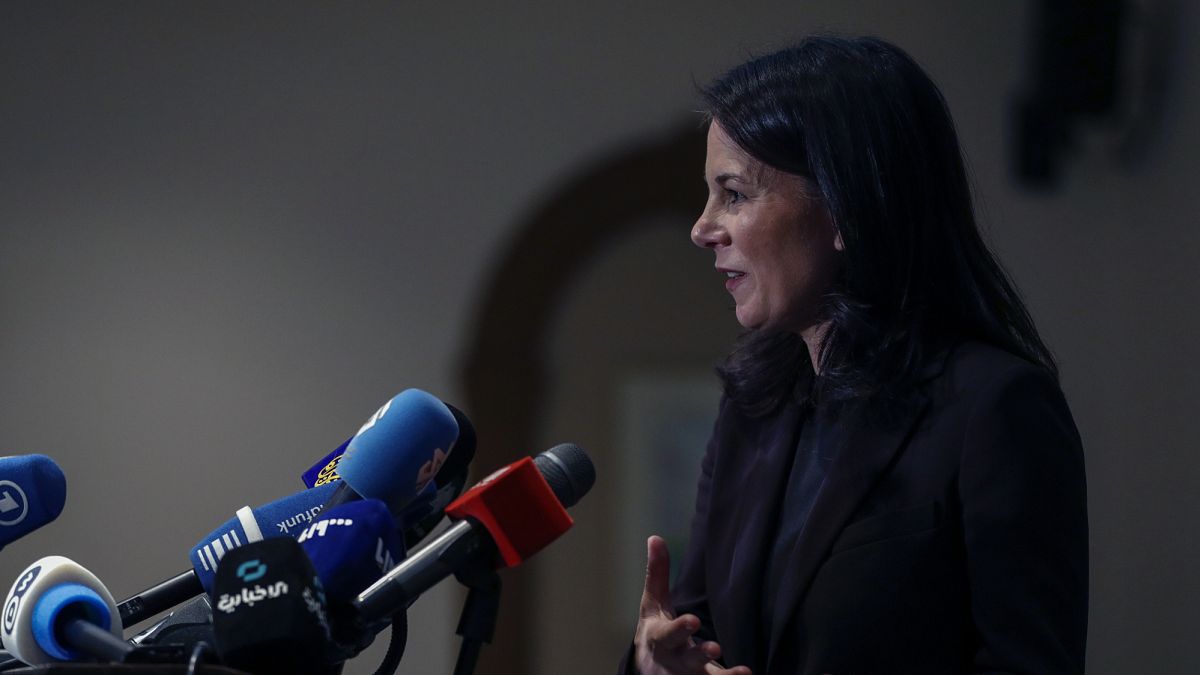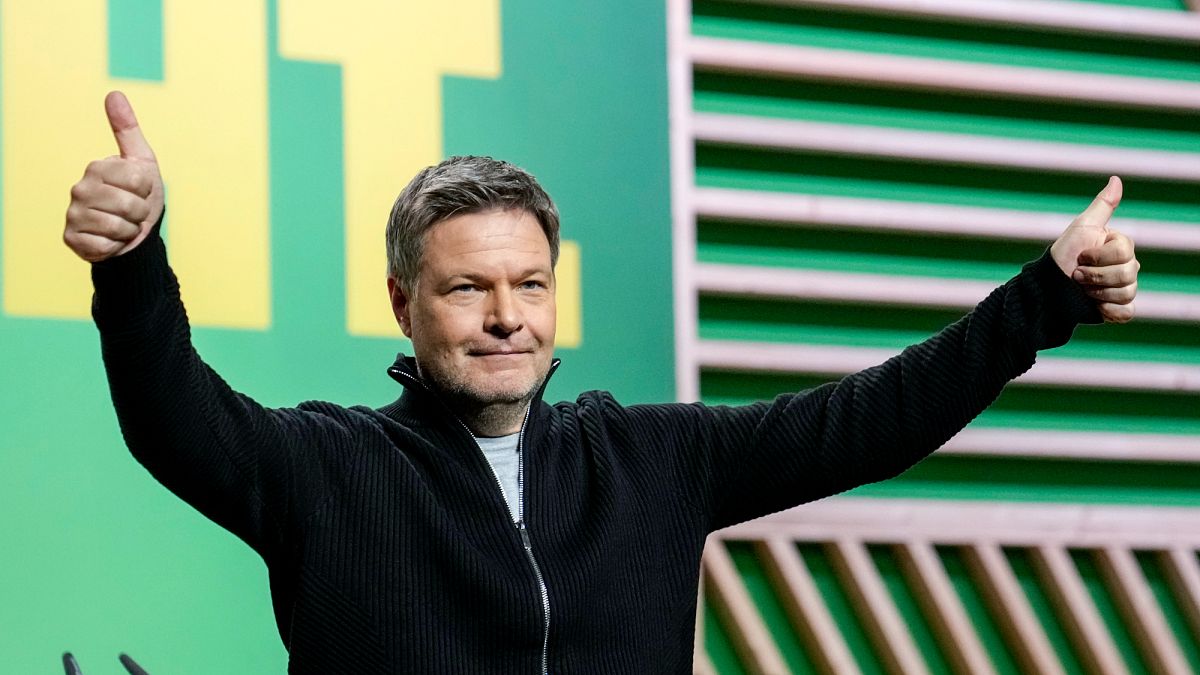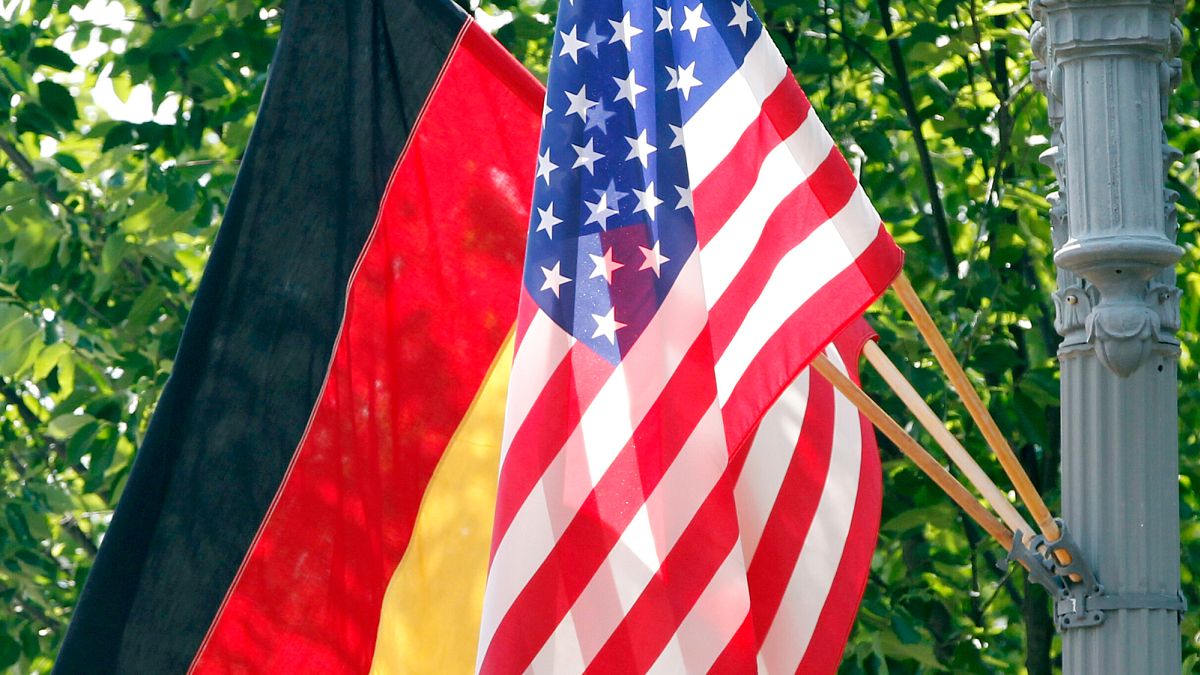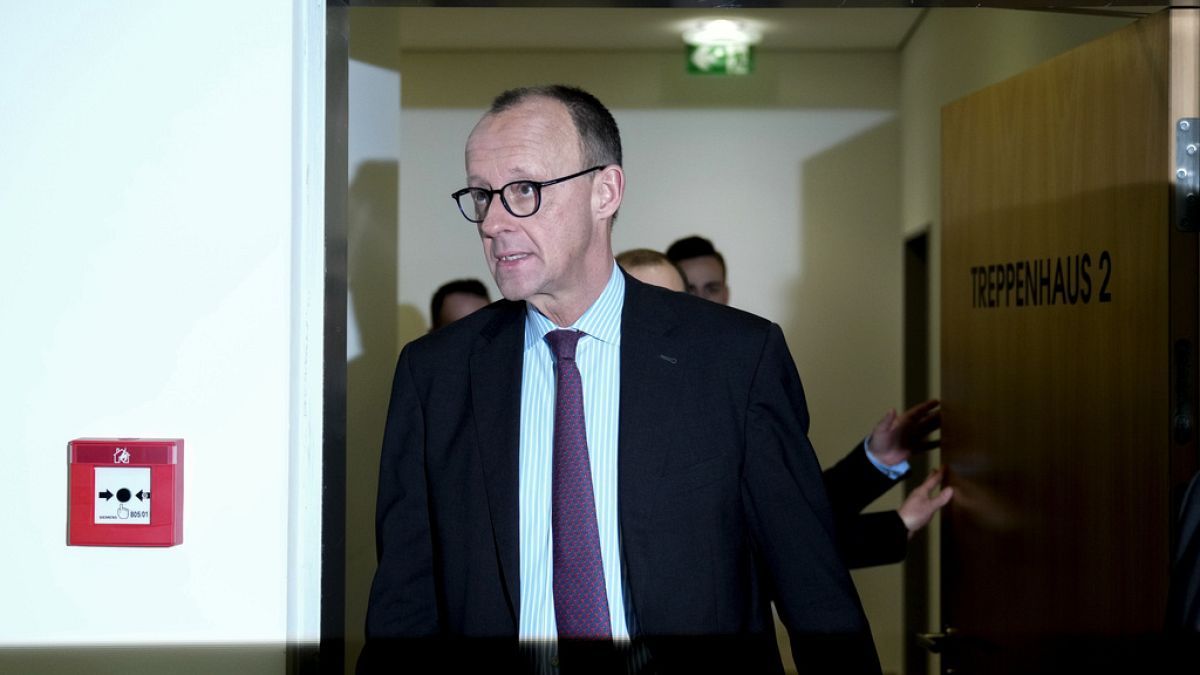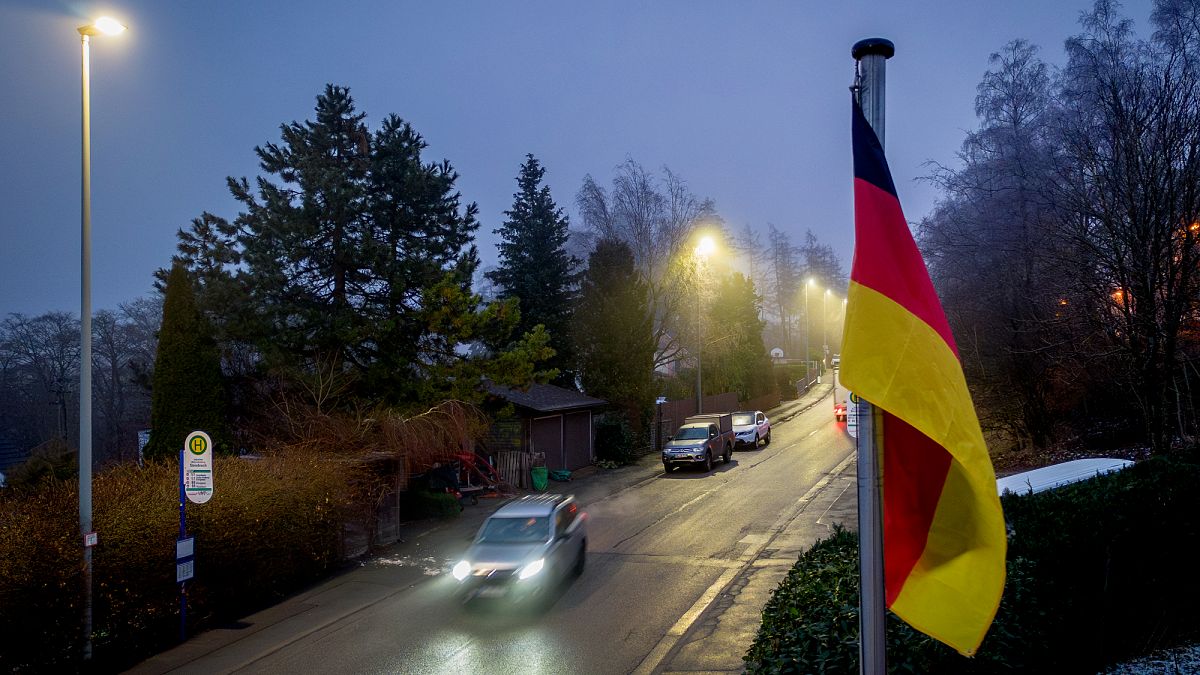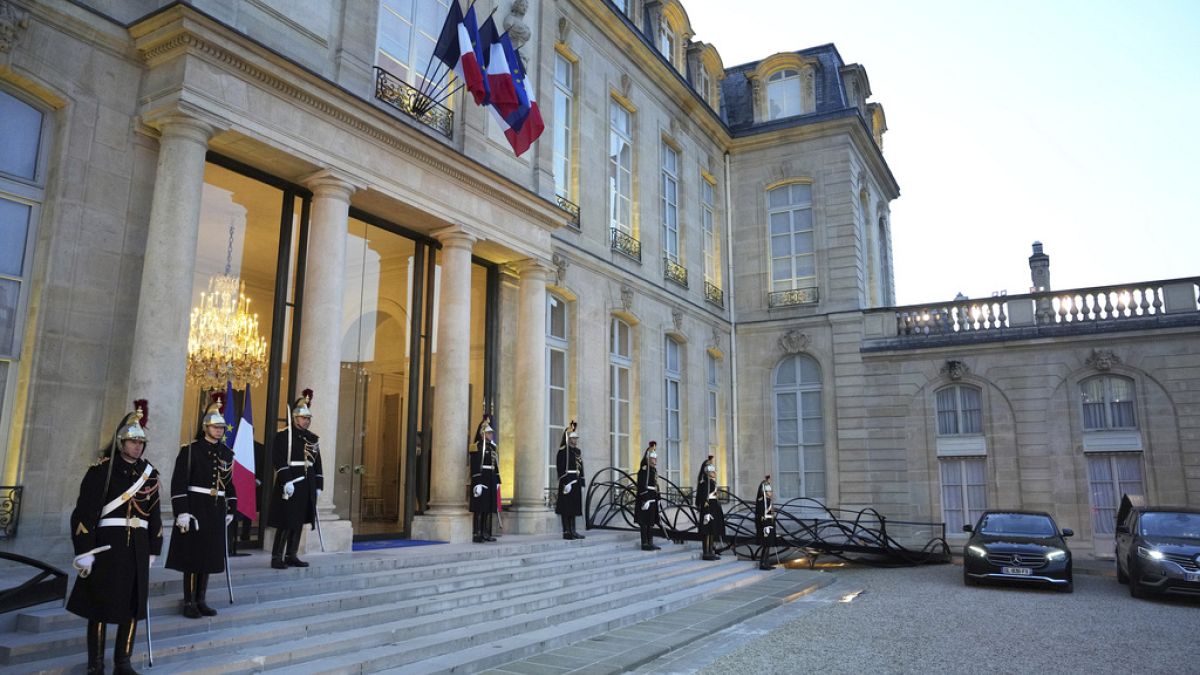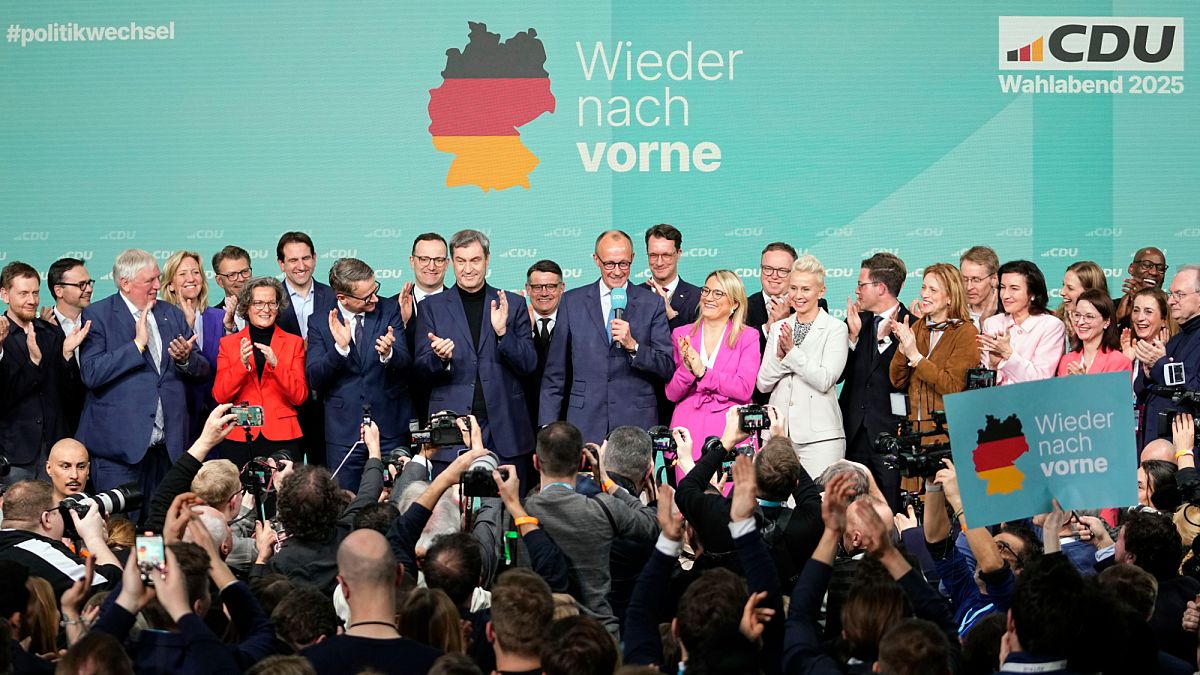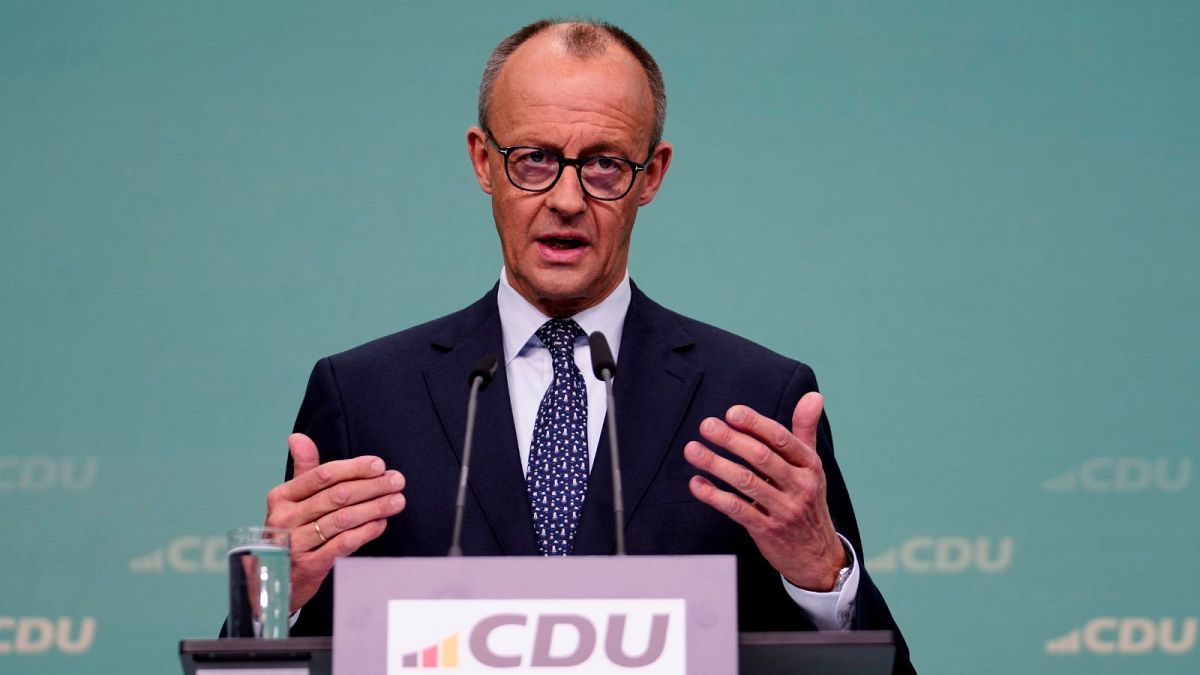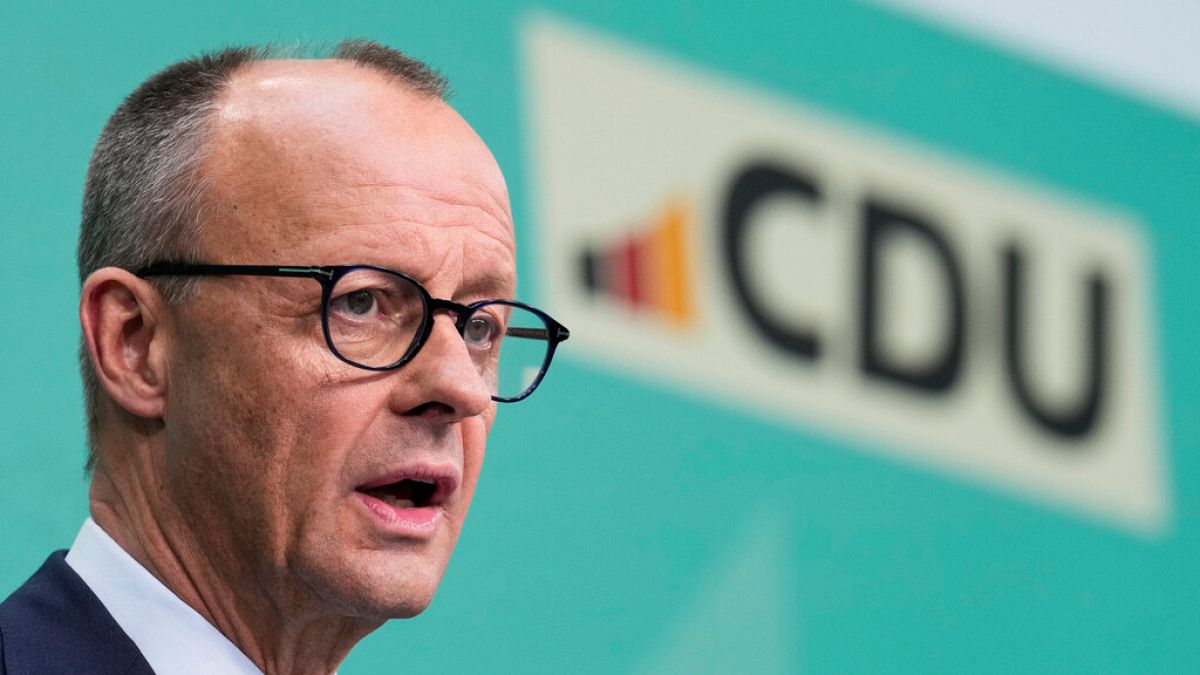Berlin Film Festival: Budget cuts lead to streamlined curation

The celebrated German film festival will streamline its entire programme as it looks to save millions of euros. Despite the budget cuts, this may be a good thing. Here’s why.
The Berlin Film Festival, the world’s largest public film festival, has unveiled that it is facing major budget cuts and plans to chop entire sections from its program to avoid a financial crisis.
Starting next year, the Berlin Festival will cut its Berlinale Series section, folding series premieres into its Berlinale Special Gala section, as well as drop its Perspektive Deutsches Kino sidebar, which highlights up-and-coming German directors. The films by German newcomers will be presented within the festival’s existing sections: Competition, Encounters, Panorama, Generation and Forum, which are also being reduced.
Indeed, the total number of films in its overall programme will be reduced to approximately 200, which is 30% fewer than the 287 films shown at the 73rd edition of the festival in February. Every section, with the exception of the main competition, will present fewer films.
To put this figure into context, the Cannes Film Festival had 70 titles this year across its Competition, main sidebar section Un Certain Regard, Out of Competition selection and Cannes Premiere and Special Screenings line-ups. Venice last year had a total of 71 titles over their Competition, Out of Competition, Horizons and Horizons Extra sections.
“Like many other areas of society, cultural institutions and festivals are affected by considerable cost increases but unchanged budgets. Keeping this in mind, we must introduce structural adjustments to create a stable budgetary foundation for the organization and implementation of the Berlinale going forward,” the festival said in a statement.
“This process brings with it the opportunity to optimize the presentation and perception of the invited films using a more focused program.”
The cuts were precipitated by the German Culture Ministry, which co-finances the Berlinale. The ministry bankrolls the Berlinale to the tune of €10.7 million annually, with an additional €2.2 million in 2022 and 2023 to help cover rising costs.
Too much filler at the Berlinale?
The Berlin Film Festival has always been a daunting one. Arguably the richest of the Top 3 European A-list festivals in terms of films, the Berlinale is the largest film festival in the world when it comes to the number of screenings. It has also become more culturally avant-garde and overtly political in its official selections over the years.
Despite the existential threat that budget cuts pose to the Berlinale, an institution which must be preserved at all costs, the festival cutting down the number of films in its sprawling programme can be considered a good thing. It doesn’t lose its treasured title as the largest film festival in the world, and a more condensed programme not only doesn’t jeopardize its position as the world’s top public film event but allows for a more savvy curation, thereby honing in on the festival’s identity and hopefully allowing for more star power and break-out titles, in order to equal the likes of Cannes and Venice. Because it cannot be denied that the Berlinale has slipped down the global rankings over the years, as it has failed to attract hyped independent titles and big Hollywood names, which have preferred Sundance, taking place prior to the Berlinale in the calendar, or Cannes, which is just around the corner. A streamlining initiative could be the sign of more emphasis on competing once more on a global level, and this in turn should assure that more sponsors give the festival their backing.
Indeed, the Berlinale has seen the exodus of some of its corporate sponsors, which together contributed a third of the event’s budget. Luxury car brand Audi, a long-term Berlinale backer, dropped out after 2020, replaced this year by Uber. Telco MagentaTV and L’Oréal Paris also wrapped up their sponsorship deals, while Armani Beauty came on board as the fashion sponsor this year.
I have been going to the Berlin Film Festival since 2014, and each year is fantastic because of the variety of films you get to discover, films that may have otherwise fallen by the wayside. However, there’s a lot of rough to wade through in order to get to the diamonds in some sections, and a great many films never get a theatrical release.
As a previous Berliner, I was privy to all the pre-festival preview screenings several weeks before the Berlinale kicked off – a chance for members of the press to watch as many of the sidebar selections before you had to focus on interviews and the Competition line-up once the red carpet had been rolled out. I remember one year in particular – 2017 – when I went all out. Between all the pre-festival press screenings in January and the festival itself, I saw 107 Berlinale films in total, only to realise that I’d only seen about one-third of the selected films after a solid month-and-a-bit. It’s sheer lunacy and even then, I was arguing that sections like Forum, Panorama and Perspektive Deutsches Kino needed to be streamlined and that there should be more a more focused curation.
There has been a steady change in the last four years, since co-directors Carlo Chatrian and Mariëtte Rissenbeek took over from long-time festival boss Dieter Kosslick. Chatrian in particular has brought his curation knowhow, honed from his years as the Locarno Film Festival head. Still, more can be done and despite fears that Berlin’s funding will be tightened, a tighter curation can only be a good thing.
As for the future of the co-heads of the Berlinale, this could be more worrying. Rissenbeek has already said she is stepping down after next year’s Berlinale, when her contract expires and the German culture ministry is still in negotiations with Chatrian over a possible extension of his contract beyond 2024. There has been speculation next year could see a major shake-up, with the ministry overhauling the festival’s management structure as well as its financing.
The 74th Berlin International Film Festival runs 15 – 25 February 2024.
Source: Euro News


